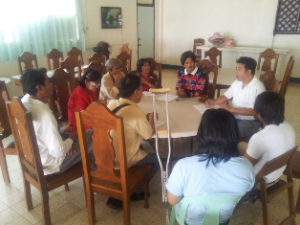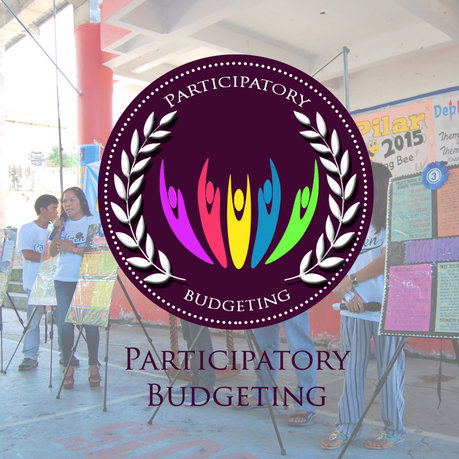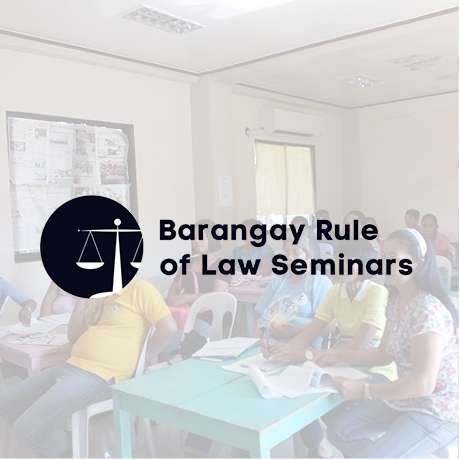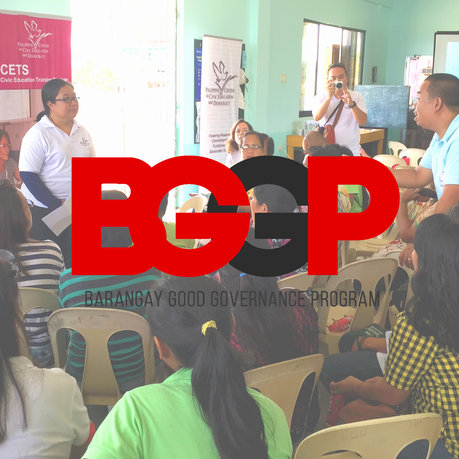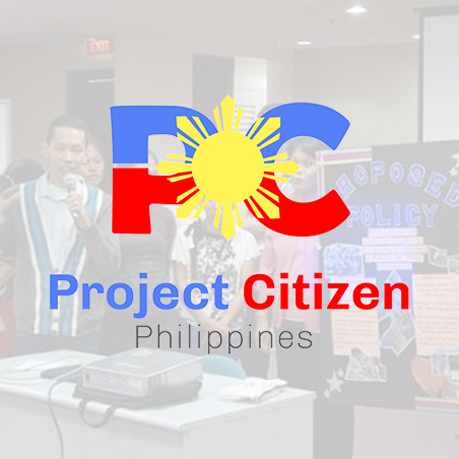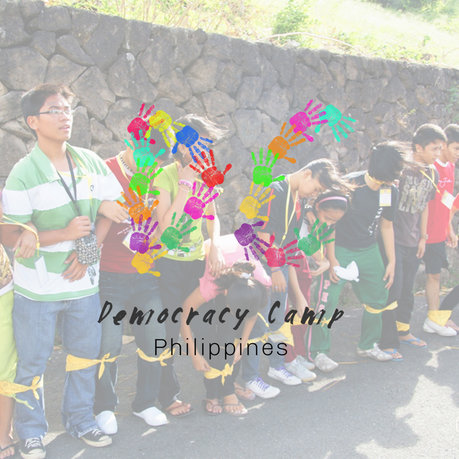Participatory Budgeting Empowers Basic Sectors in Gubat, Sorsogon
Mang Allan lives in Barangay Bagacay, in the Municipality of Gubat, Sorsogon. Being a coastal village, fishing is the primary source of income for most of the families who live there. As a fisherman, Mang Allan earns about P150 (about US$ 3) a day but sometimes he takes home nothing. Mang Allan does not have his own fishing vessel and equipment and just like most fishermen in Bagacay, he borrows fishing equipment to make a living. And making a living is getting more difficult, as he worries that he will not be able to sustain the education of his 3 children in addition to providing for their daily needs. He believes that if he has his own fishing equipment, he can double his income and even help his fellow fisher folks by sharing it with them.
Allan is a member of a people’s organization called KATIG (Kabuhayang Aagapay Tungo sa Ika-uunlad ng Grupo). And his group joined the Participatory Budgeting (PB) Program of the Philippine Center for Civic Education and Democracy (PCCED) in the hope that their concerns as a sector can be addressed.
Before the end of 2013, the local government of Gubat announced that it has included the purchase of fishing equipment for the fisher folks of Barangay Bagacay in its 2014 budget. This was good news to fishermen of the barangay who joined PB discussions and planning sessions to come up with a proposal for a project that would address their needs. In PB, which was launched in Gubat by PCCED in 2013, ordinary citizens take active and meaningful part in prioritizing a portion of the public budget, in this case, the 20% Municipal Development Fund. PB is designed to make the budgeting process more inclusive and participatory by allowing ordinary citizens to deliberate, debate and propose spending ideas to the local government unit (LGU) so that the budget reflects the real need of the community.
Some 300 residents of Gubat, Sorsogon from the sectors of women, farmers, fishermen, senior citizens, youth and persons with disabilities participated in a General Assembly where the they identified their issues, priorities and projects that can address their concerns. This was followed by neighborhood meetings where ordinary citizens discussed those concerns and prioritized alternatives.PCCED then organized a training workshop to provide the sectors with the necessary knowledge and skills in preparing their own project proposals. This was done with the technical assistance of the LGU. A total of 9 proposals were produced by the PB process. Aside the from the provision of fishing equipments, other projects that were prioritized are the construction of a common transport terminal and improvement of irrigation systems in different barangays.
“In a country like the Philippines”, PCCED’s Rey Trillana explains, “where a number of local authorities consider their area as kingdoms and its funds as their own, allowing people to decide how their money would be spent is a radical idea.”
PCCED’s Chairman Dr Clement Camposano added that PB is a venue for ordinary people, “not just the professional and well-organized non-government organizations,” to understand democracy by participating in it and realizing their capacity to influence budget policy.”
The PB project is implemented in partnership with Zabalketa, a Spain-based NGO and with the support of the Spanish Agency for International Development and Cooperation (AECID).





